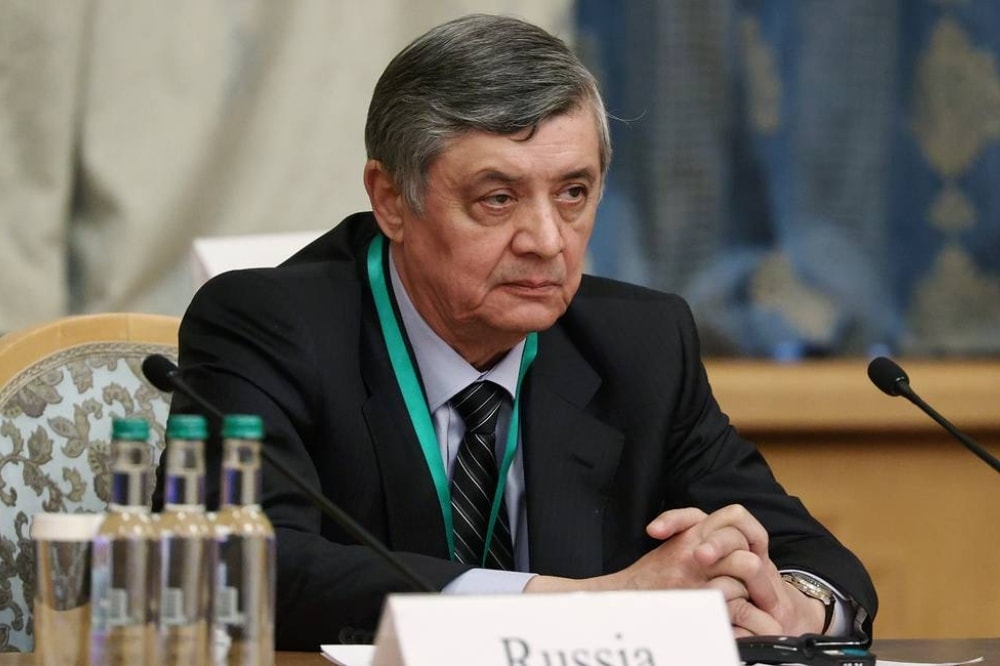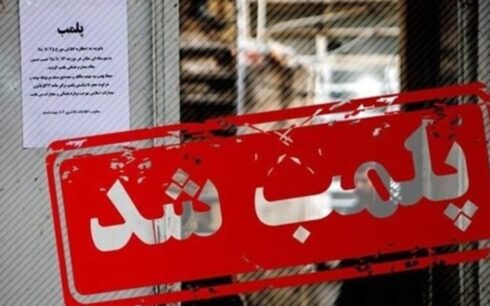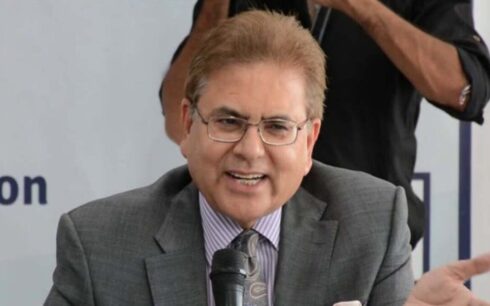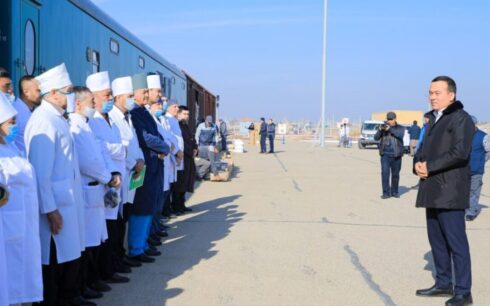Russia’s Special Envoy for Afghanistan Zamir Kabulov has said that the UN’s meeting on Afghanistan earlier this month in Doha was unproductive and “yielded no results.”
In an interview with Russian-based TASS News Agency on Friday, Kabulov stated “No, it didn’t” when asked whether the Doha meeting had opened any good prospects for resolving the situation in Afghanistan.
“We, the regionalists – Russia, China, Iran, Pakistan, Central Asian countries, and India – believe that the priority should be to create inclusive leadership in Afghanistan. And creating such a leadership structure will lead to the resolution of other very important issues like women’s rights in Afghanistan,” Kabulov said.
“At the same time, we should by no means forget about the issues of combating terrorism, which are also critical, and drugs,” he added.
The diplomat also stated that Western countries were “putting the cart before the horse, believing that the Taliban must first solve legal issues.”
“This is not a workable approach,” he stressed.
“The second problem, which is the reason we can’t get on the same page with the Americans and other Western satellites of America at the moment, is the moral and political aspect. They have essentially stolen the national good of Afghanistan and are withholding more serious sums, that is the over $2.5 billion in humanitarian aid allocated to Afghanistan earlier,” he added.
“We said, ‘Until you solve this problem, we principally cannot be on the same team as you, so solve these issues, then we can discuss common approaches for further negotiations with Kabul,” the diplomat said.
UN Secretary-General Antonio Guterres early this month convened representatives of more than 20 countries in Doha to find a common international approach to dealing with the Taliban.
The countries that took part in the Doha summit included China, France, Germany, India, Indonesia, Iran, Japan, Kazakhstan, Kyrgyzstan, Norway, Pakistan, Russia, Saudi Arabia, Tajikistan, Turkey, Turkmenistan, the United Arab Emirates, the United Kingdom, the United States, and Uzbekistan.





